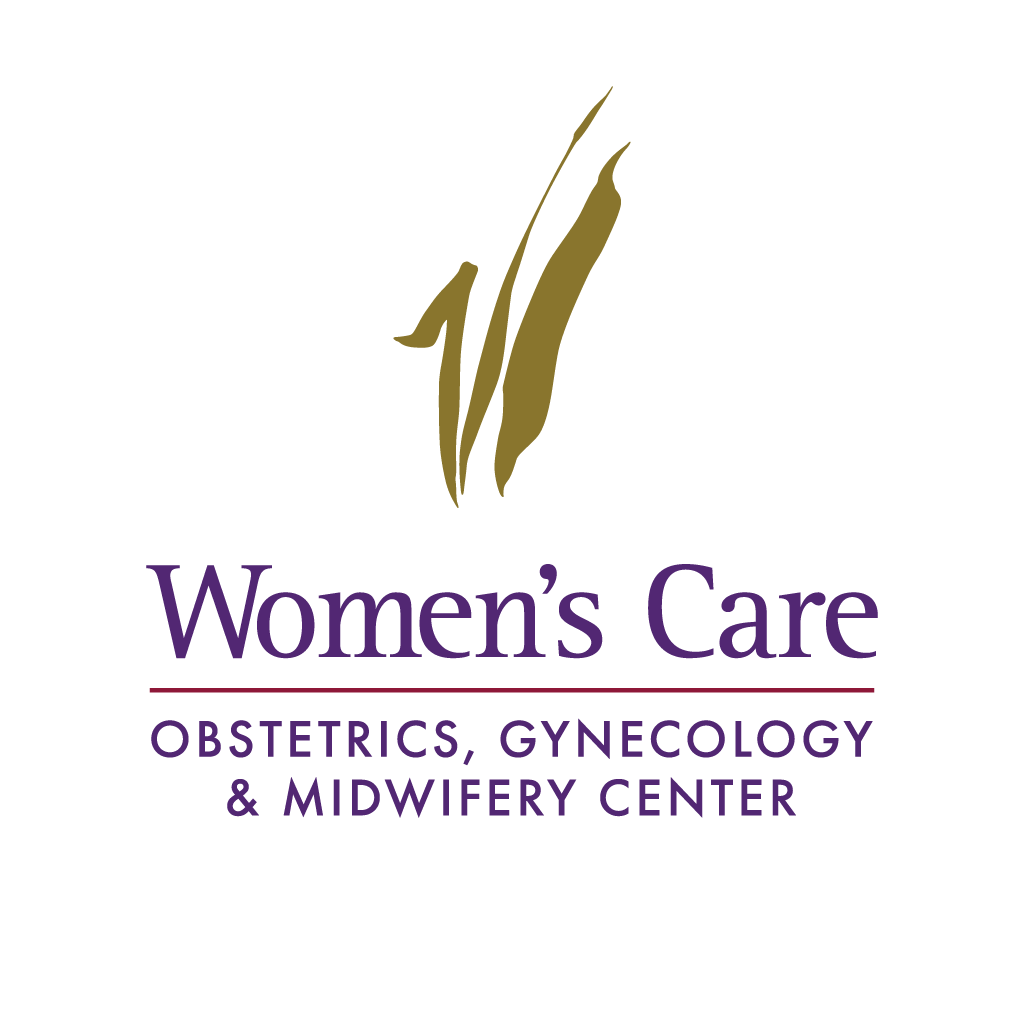The Midwifery Model of Care
Women’s Care is excited to reconnect with its history of offering midwifery services. We were the first group in town to provide the midwifery model of care. Sue Armstrong, who still works with the Fertility Center of Oregon, was a Certified Nurse Midwife at Women’s Care from 1996-2003. Throughout this time, she helped establish a successful midwifery program for women in Lane County. Here’s what you should know about this approach to women’s health.
What is a midwife and what do they do?
The midwives at Women’s Care are Certified Nurse-Midwives (CNMs), which means they are registered nurses. These nurses completed graduate coursework and clinical training from an accredited education program. Our board-certified midwives guide patients from the prenatal through postpartum phases of pregnancy. CMNs offer holistic, compassionate care that is mindful of the individual.
Throughout a patient’s pregnancy, a midwife may:
- Conduct prenatal exams and order tests
- Give patients information and resources to make informed decisions
- Offer support and advice
- Help prepare for labor and birth
- Look at a baby’s health, growth and position
- Provide emotional support
- Offer advice on nutrition, exercise and staying healthy
- Monitor progress and offer strategies during labor
- Coach you through a natural birth or offer pain relief when necessary
- Get specialized medical attention if needed
- Support new mothers with breastfeeding
- Demonstrate bathing and diaper changing techniques
- Conduct some newborn health screenings
Midwives can offer a personalized health care experience, defined in partnership between a patient and the midwife. Each midwife experience could be unique, depending on the individual.
How can I benefit from the midwifery model of care?
Patients can benefit from the midwifery model of care through a holistic, natural healthcare philosophy. Midwives can guide in all stages of life, from the teenage years through menopause. They weave partnered decision making into their care, so that patients get emotional and social support, in addition to holistic attention to their physical health.
What is a doula vs. a midwife vs. an OB/GYN?
There are a few notable differences that distinguish a doula from a midwife or an OB/GYN. Here are a few, but not a complete list, of the differences between obstetric health care providers:
Doula
- Helps families during pregnancy
- Labor and birth assistant
- Provides education, physical and emotional support
- May not be covered by insurance
Certified Nurse Midwife
- Licensed professionals with graduate-level education
- Provide pregnancy and newborn care
- Family-centered maternity experience
- Registered nurse with focused training in midwifery
- Work with obstetricians who can assist with complications
Obstetrician/Gynecologist (OB/GYN)
- Medical doctor who can provide medical and surgical care
- Specialized, advanced education, including four years after medical school in an obstetrics and gynecology residency program
- Board certification
How do I decide if a midwife is right for me?
Choosing a reproductive health care provider is a personal decision. Through research and asking the right questions, you can decide which route is best for you and your family. Here are a few questions you can ask yourself and potential health care providers to determine if their approach is a good fit for you:
- How long have you been in practice? Where was your training?
- Are you board certified?
- What’s your philosophy on pregnancy, labor and delivery?
- How many patients are under your care?
- Where do you practice?
- Who will deliver my baby?
- Where can I delivery my baby? Do you have hospital or facility privileges at my preferred deliver location?
- Who do I call if I have a question during my pregnancy?
- What’s your policy on inducing labor?
- What are my options for natural births?
There are many more questions patients can ask potential health care providers to determine if they are a personal fit. It’s important to determine what you value in your reproductive care and research your options based on this criteria.
Women’s Care is scheduling appointments for midwifery care now. For more information about the midwifery model of care, visit our Midwifery webpage.
